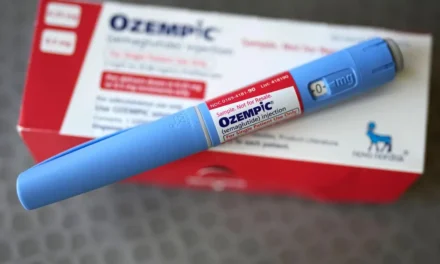An editorial in the New England Journal of Medicine —citing a study published in the same issue— touts the notion that an anti-inflammatory drug that has no effect on cholesterol may have cardiovascular benefits. “Canakinumab,” marketed as “Ilaris” by Novartis, was originally approved to treat a type of juvenile rheumatoid arthritis and costs about $200,000 a year. It is a human monoclonal antibody that works against interleukin-1β.
The new study (funded by Novartis) was led by Dr. Paul Ridker of Brigham and Women’s Hospital in Boston. Some 10,000 patients who had experienced heart attacks were involved. Those getting the optimal dose of canakinumab had recurrent attacks or strokes at a rate of 3.86 per 100. The rate for those on placebo was 4.5 per 100.
This level of advantage —even though some canakinumab users died from mysterious infections that brought their overall mortality rate up to that of the placebo users— is being ballyhooed as “proof of concept” that anti-inflammatory drugs might be useful in preventing heart attacks.
Could the marketing geniuses who come up with names for pharmaceuticals be hoping that the first four letters of Novartis’s new anti-inflammatory have overtones of a certain herb with well-known anti-inflammatory properties?





